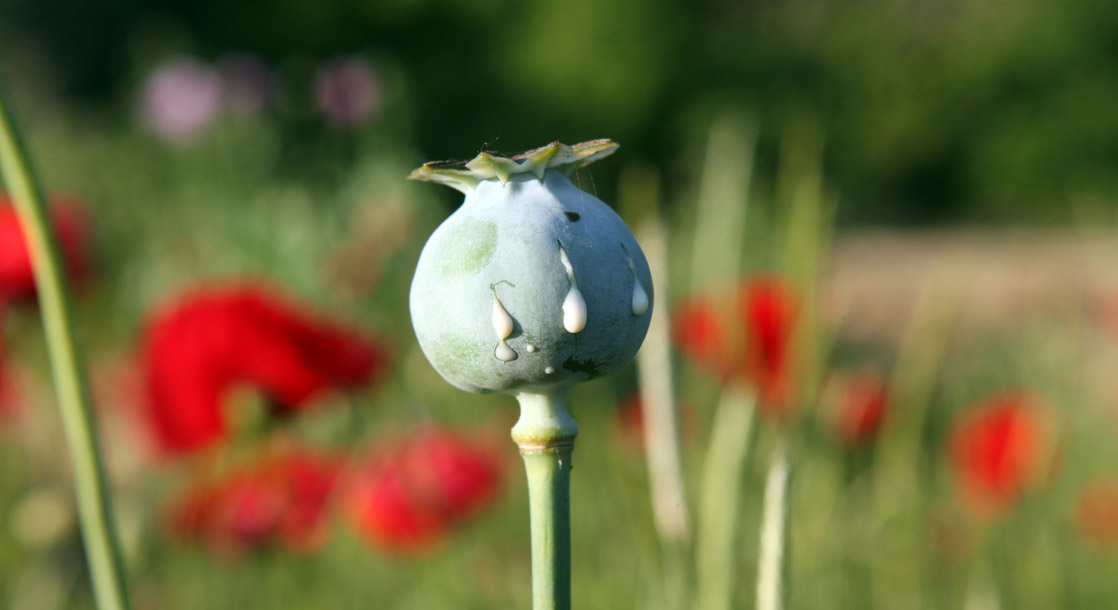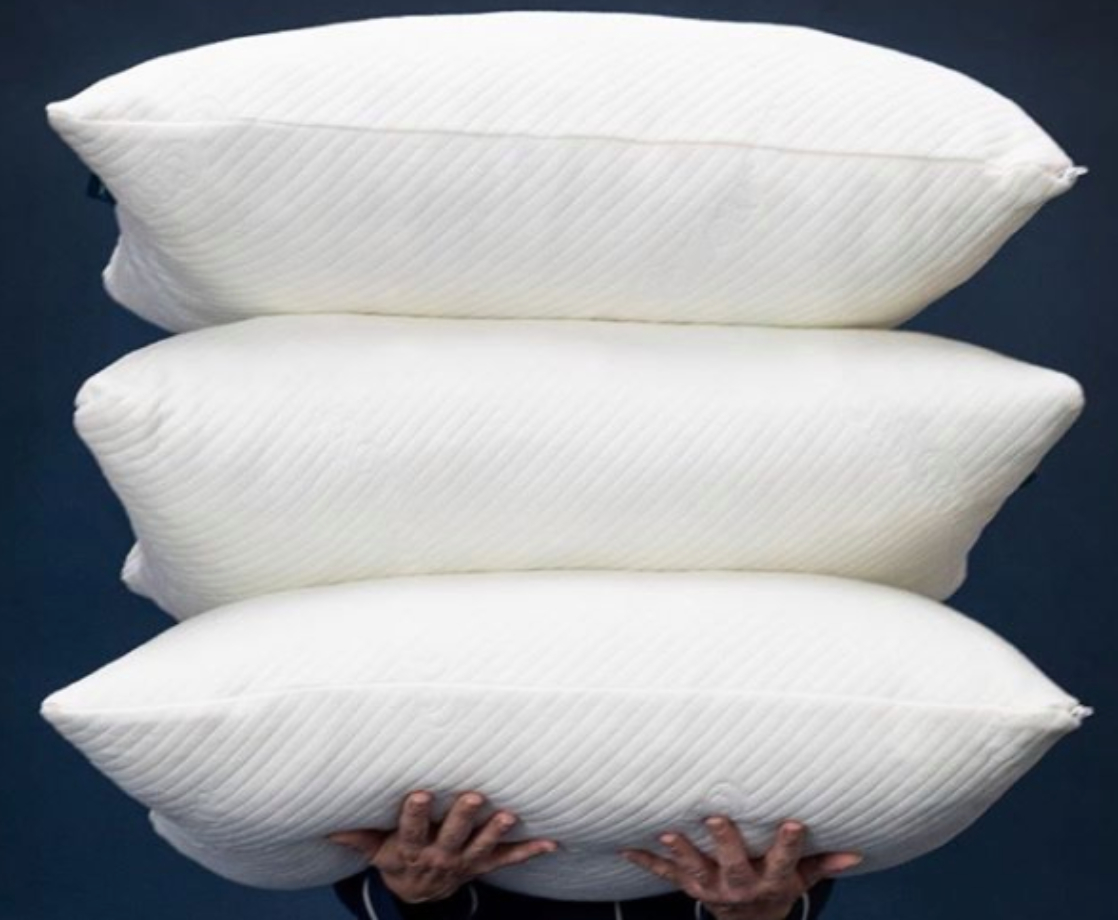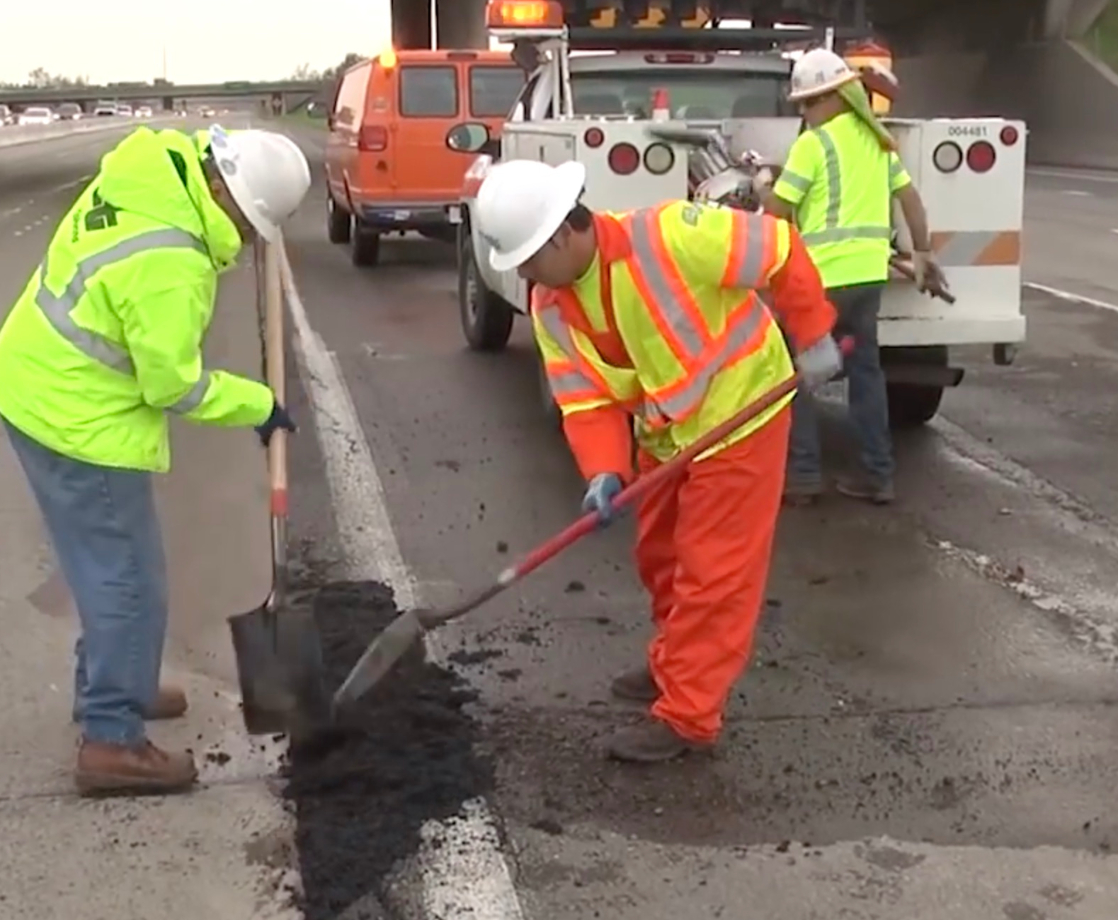Amid the cringey partisan bickering taking place since United States military forces pulled out of Afghanistan and the Taliban predictably resuming control over the country, a key fact seems to be getting lost in the muck. With opium production having long been among the biggest sources of income for the fundamentalist militia, we may see the rise of a narco-state on a level that’s seldom been seen before.
According to Reuters, Afghanistan is “the world’s biggest illicit opiate supplier.” The United Nations estimates that the country supplies the world with no less than 80 percent of its opium and heroin supply. Afghani drug researcher David Mansfield has even found evidence of the Taliban literally catapulting opiates over the border to Iran.
Illegal drugs are “the country’s largest industry except for war,” Barnett Rubin, a former State Department adviser on Afghanistan, told Reuters.
A US Special Inspector General for Afghanistan Reconstruction (SIGAR) 2021 report found that the Taliban got 40 to 60 percent of its revenue from narcotics trafficking, often from taxing small poppy farmers in the areas under their control.
Afghan hashish is largely destined for regional consumption, but it has been found in Central Asia and across Europe.
Involvement in the drug trade is being vehemently denied by the Taliban’s PR wing since the group’s rapid assumption of power this week.
“We are assuring our countrymen and women and the international community, we will not have any narcotics produced,” Taliban spokesperson Zabihullah Mujahid said at a Tuesday press conference in Kabul. “From now on, nobody’s going to get involved (in the heroin trade), nobody can be involved in drug smuggling.” Mujahid even asked for international assistance in getting Afghan farmers to transition to growing other crops.
Writer Bill Weinberg over at Cannabis Now has written a fascinating take on the Taliban’s cannabis connections as well. He cites a 2020 United Nations Office on Drugs and Crime report that says Afghanistan is the world’s second largest supplier of cannabis resin, after Morocco and in front of Pakistan and Lebanon.
The Taliban has a history of denying involvement in the drug game. In 2000, the group banned the cultivation of poppies, a plan to make themselves more palatable to global powers in contrast to Afghanistan’s then-ruling (and drug-dealing) Mujahideen guerrilla groups.
But those days are long gone, and since 2001, when the United States began occupying Afghanistan, Taliban-led production has benefited heavily from poppy cultivation. In 2020 alone, the United Nations found that agriculture of the flowers blossomed from 163,000 hectares to 224,000 hectares in Afghanistan. Back in 2018, the UN said that opiates accounted for somewhere between 6 to 11 percent of the country’s GDP.
Not to remind you how much money and lives seem to have been wasted on this conflict, but a SIGAR 2018 report did estimate that the US spent a head-swimming $8.6 billion on wiping out poppies in Afghanistan over 15 years (2002-2017).











